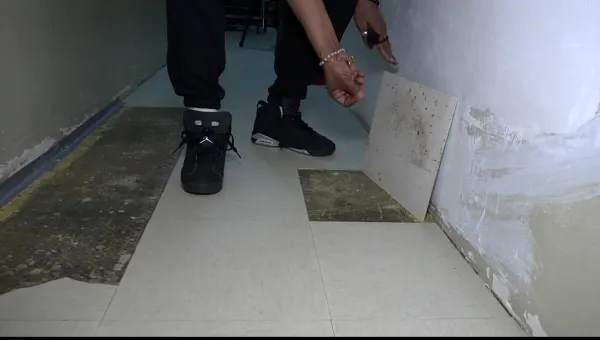More from News 12
1:23

Paddlers take on Bronx River during ‘Amazing Bronx River Flotilla’
1:26

Mostly dry, cloudy Saturday in New York City; widespread rain Sunday
1:31

Co-op City Little League kicks off the baseball season
2:35

Police arrest 15-year-old girl in connection to fatal teen stabbing in Soundview
1:57

NYPD, DOT officials launch plan aimed to keep motorcyclists, drivers safe
2:25

NYPD: Two people shot in Fordham
1:32

Knowing the early warning signs during Stroke Awareness Month
1:22

Weather and road closures: What to Know About The TD Five Boro Bike Tour
1:37

Melrose elementary school wins first place in National Chess Championship
0:25

Police: 2 men wanted for robbing woman in Norwood
0:26

NYPD: Suspects wanted for violent robbery of 14-year-old in the Bronx
0:33

Experts fear 'catastrophic' college declines thanks to botched FAFSA rollout
2:11

Garden Guide: Is it safe to plant your summer garden?
1:44

The Real Deal: Now may be the time for a job change

10 organizations to donate to in support of the Asian American and Pacific Islander communities
1:56

Throgs Neck BID keeping the district safe with new security cameras
1:36

Castle Hill Houses resident says constant leaks are affecting her health, well-being
1:41

New survey highlights challenges for migrants
0:21

Man sentenced to 12 years for attempted shooting, conspiracy to distribute drugs
1:45
